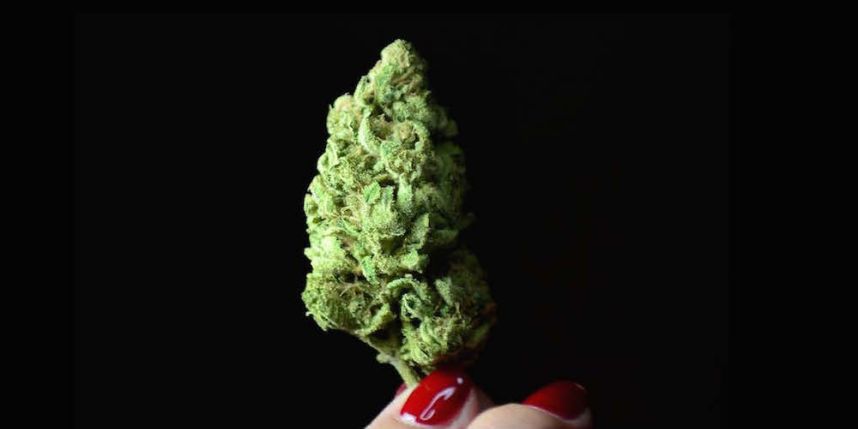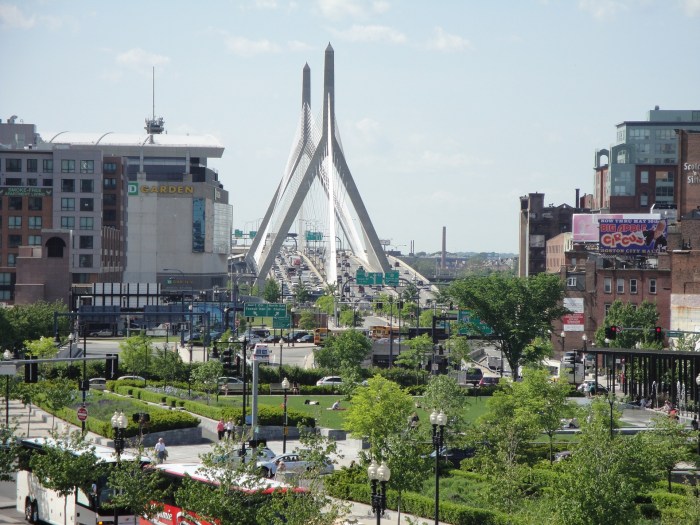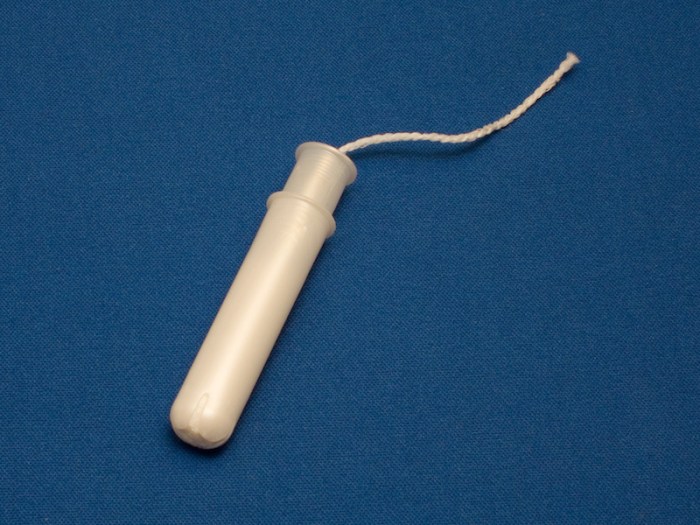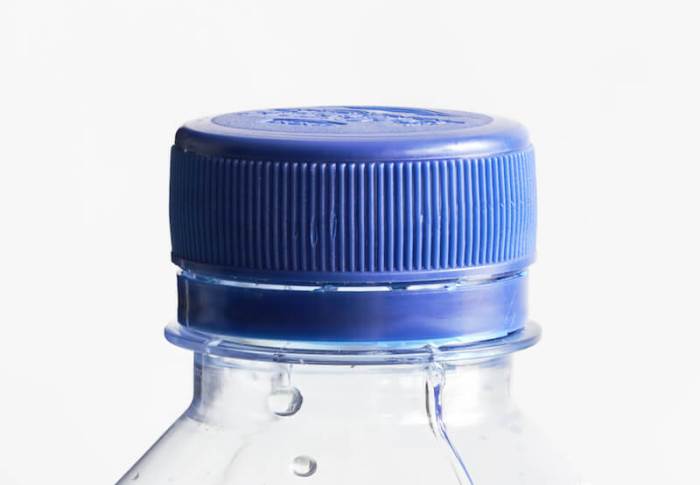Two sheriffs urged lawmakers on Monday to use the legalization of marijuana as an opportunity to invest in substance abuse treatment by raising the tax on pot sales to support public and private addiction treatment programs.
“We are searching and starving for resources,” Hampshire County Sheriff Nick Cocchi testifed before the Joint Committee on Marijuana Policy.
The committeee, chaired by Rep. Mark Cusack and Sen. Patricia Jehlen, held the last of four public hearings as it works to produce legislation by June that would refine, if not completely overhaul, the legalization law passed by voters last November.
Hampden County Sheriff Patrick Cahillane joined Cocchi to testify in support of a bill (H 3504) filed by Reps. Brian Ashe and John Velis that would increase the excise tax on retail marijuana by 5 percent, and earmark the money for a new Marijuana Addiction Treatment Fund that would be used to support public and private addiction treatment programs.
“It’s not about kids smoking the occasional joint. Continual use can lead to addiction,” Cahillane said.
Cahillane said he supported the concept of not overtaxing marijuana, which he agreed would fuel the continuation of a black market for the product, but also predicted an increase in arrests from the law due to impaired driving and other associated criminal activity.
“Not everyone will smoke responsibily, much like not everyone drinks responsibly,” he said.
Cahillane said the correction system is where “the rubber meets the road” and treatment for substance abuse starts for many people that struggle with addiction.
Under the current law, marijuana sales would be subject to a 3.75 percent excise tax on top of the state’s 6.25 percent sales tax and a local option tax of 2 percent. The total tax rate on marijuana sales would jump from 12 percent to 17 percent, under the Ashe-Velis bill, which the sheriffs said would be in the middle of where other states have set their tax rates on pot.
Some officials have said Massachusetts’ pot tax could generate as much as $100 million per year.
Nine of the state’s 14 sheriffs are listed as co-sponsors of the legislation, and Cocchi said that all 14 approved of adding the legislation to the agenda of the Massachusetts Sheriffs Association at a recent meeting.
“I think there’s a lot of receptivity to the idea that we should use at least some of the money for both prevention and treatment,” Jehlen told the sheriffs, though she noted that research has shown other states that have legalized marijuana have not seen the uptick in arrests that the sheriffs predicted.
Rep. James Cantwell, a Marshfield Democrat, testified in support of earmarking funding for substance abuse treatment and prevention, specifically calling for money to be set aside for proven youth drug-use prevention programs.
Cantwell filed two bills offering different approaches to achieve his goal, including one (H 3166) that would increase the excise tax by 1 percent or another (H 3167) that would assess marijuana retailers, product manufacturers and cultivators an annual license renewal fee totaling $2 million across the industry.
The committee has already heard testimony on 50 bills concerning medical marijuana, local control over commercial marijuana facilities, and the regulatory structure for marijuana and public health. A committee aide said the committee will hold additional hearings later in the legislative session if the committee is assigned late-filed bills.
Legislative leaders and the governor delayed implementation of the commercial marijuana market by six months, pushing the earliest opening date for retail marijuana shops to July 2018.
Boston City Councilor and mayoral candidate Tito Jackson told the committee it would be a “mistake” to increase the legal age for purchasing marijuana from 21 to 25, arguing that it would increase law enforcement actions that have historically impacted communities of color in a disproportionate way.
Jackson, who referenced the “poet Tupac” as he told the committee there should be a “war on poverty, not on drugs,” also urged the committee not to ban marijuana edibles and said oversight of the industry should remain with Treasurer Deborah Goldberg, who is an elected official and accountable to the electorate in ways that an independent commission would not be.
Jackson said banning edible marijuana products would “inhibit innovation and entrepreneurship,” and suggests concerns about potency and marketing to minors could be dealt with through “thoughtful regulation” instead.























